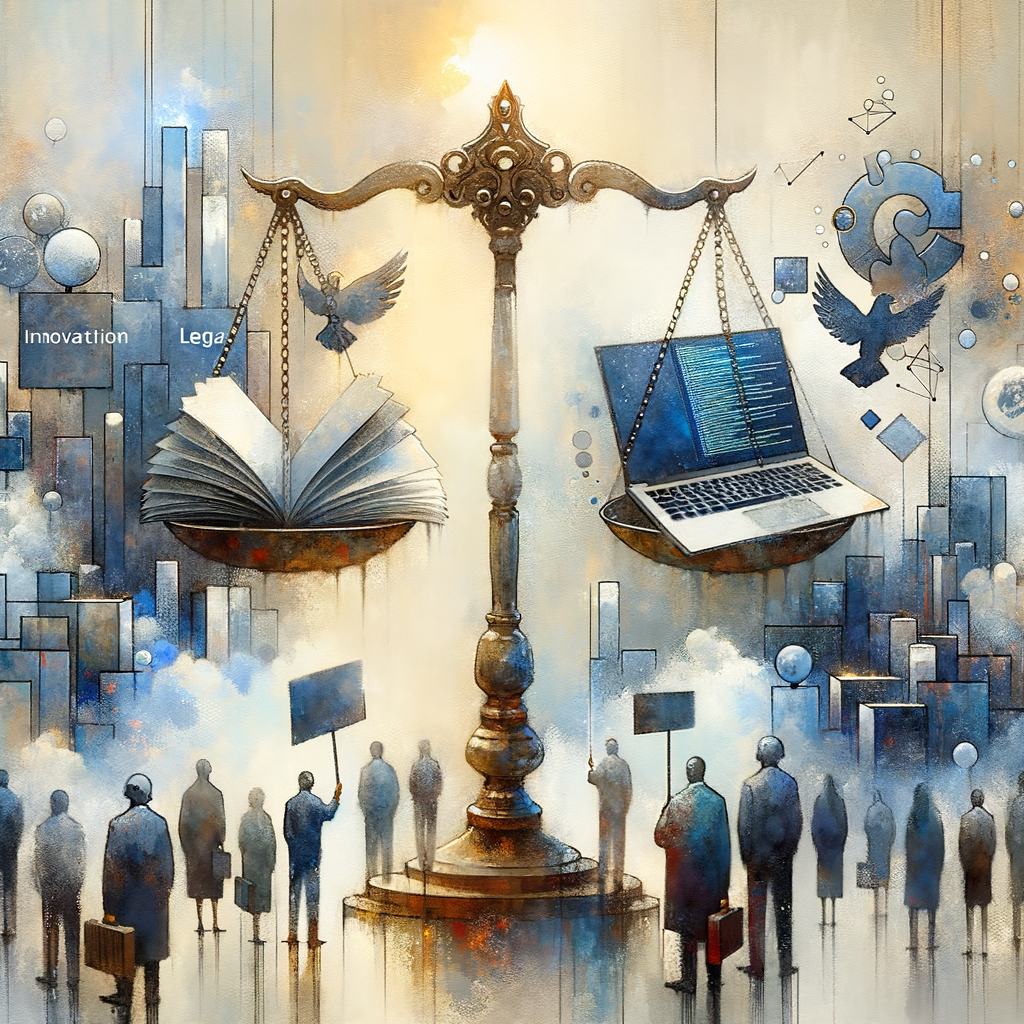Storm’s Stand: A Defining Moment for DeFi’s Future
In a recent outburst that has sent ripples across the decentralized finance (DeFi) landscape, Roman Storm, the co-founder of Tornado Cash, has starkly criticized the Trump administration’s Department of Justice (DOJ). His comments come in light of the looming trial where he faces multiple charges, including conspiracy to commit money laundering and operating an unlicensed money transmitter business. Storm’s case has become a focal point in the ongoing debate over the accountability of software developers for their creations’ use.
The Charges and the Implications
Storm was charged by the DOJ in 2023, accused of facilitating anonymous transactions that could potentially aid criminal activities through Tornado Cash. This platform, popular among privacy advocates, has been under scrutiny for its potential misuse by criminals, including state enemies like North Korea. Despite the broader crypto community’s hope for a reprieve following President Trump’s directive to federal agencies to ease off digital assets, the DOJ has pressed on with its case against Storm.
Storm’s Dire Warning for DeFi
Storm’s recent statements have been both grim and defiant. “If I lose, DeFi dies with me,” he declared, suggesting that a conviction could spell doom for the DeFi sector by setting a precedent that might restrict the operational freedom of decentralized platforms. He argues that the DOJ’s stance effectively holds developers like him responsible for every misuse of their platforms, a burden that could stifle innovation and the foundational ethos of DeFi—financial freedom through decentralized technology.
Trump’s Pardons and DeFi Policies
Interestingly, Trump’s administration has shown some leniency towards other figures in the crypto space, notably with the pardon of Ross Ulbricht, the founder of Silk Road. This action had given hope to many that Storm might also receive a pardon. However, this hope has faded as the DOJ continues to pursue charges against him. Despite this, Trump has made several pro-DeFi moves, such as repealing certain IRS rules and supporting legislation favorable to DeFi protocols. These actions present a complex picture of his administration’s approach to DeFi and blockchain technology.
The Broader Impact on Blockchain Developers
The ongoing legal battles and the potential outcomes have profound implications for software developers within the blockchain and DeFi sectors. The case against Storm and others like Alexey Pertsev in the Netherlands highlights a growing legal challenge: should developers be held liable for how their software is used, even when it’s used for illegal activities by third parties? This question is central to the DeFi Education Fund’s recent legal filings, which argue against such liabilities, emphasizing the potential negative impact on innovation and development in the tech space.
Looking Ahead: The Fate of DeFi
As Storm braces for his trial, the DeFi community watches closely, aware that the outcome could significantly influence the regulatory landscape for decentralized platforms. The fundamental principles of DeFi, including autonomy, privacy, and decentralization, hang in the balance, making Storm’s trial a landmark event in the ongoing dialogue between regulators and the crypto world.
For more insights into how legal proceedings are shaping the future of blockchain and DeFi, explore our detailed analysis on crypto oversight and regulatory challenges.
Stay updated with the latest developments in this case and more by subscribing to our Daily Debrief Newsletter, bringing you the top news stories and deep dives into blockchain trends every day.




